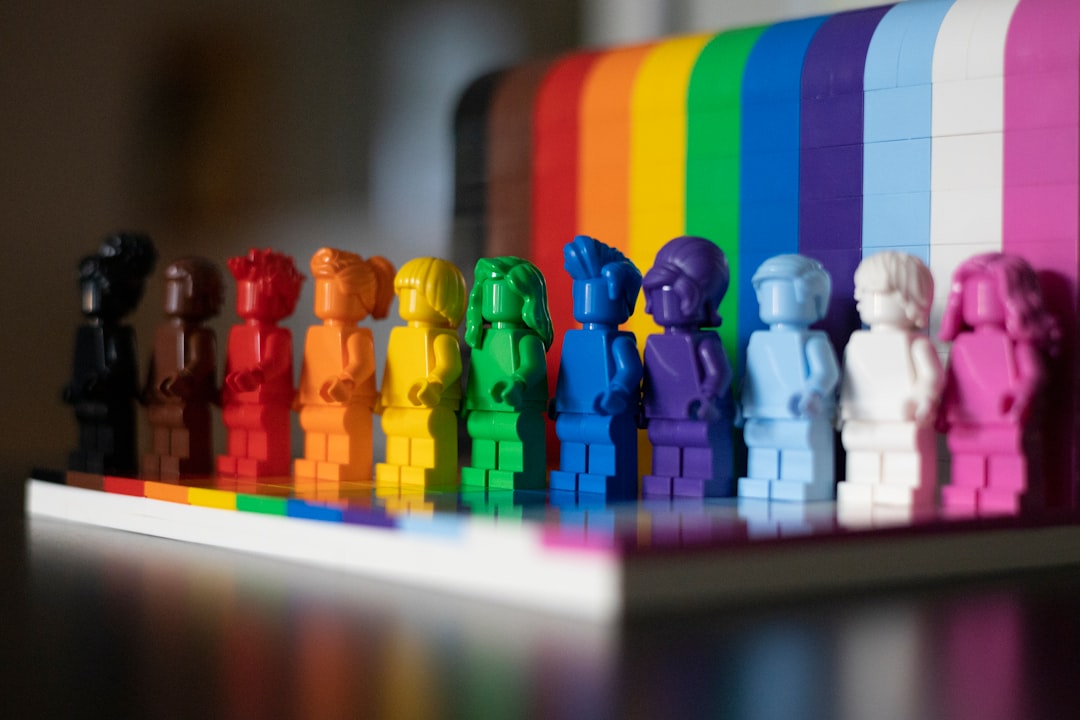What is it about?
We investigated whether rats that were reared in an impoverished play environment developed typically. We found that rats reared with an unsuitable play partner show social deficits and have altered neuron anatomy in the prefrontal cortex. While rats reared with unsuitable partners still play, the quality is affective, with animals engaging in less turn taking and role reversals. It is these turn taking events that seem to be influencing the development of social skills and the brain and not the sheer amount of play the juvenile rats engage in.
Featured Image

Photo by Ben Hershey on Unsplash
Why is it important?
Our findings further delineate which experiences in play are important and find further support that juvenile social play can shape adult social cognition and the development of the brain.
Read the Original
This page is a summary of: Quality not quantity: Deficient juvenile play experiences lead to altered medial prefrontal cortex neurons and sociocognitive skill deficits, Developmental Psychobiology, January 2024, Wiley,
DOI: 10.1002/dev.22456.
You can read the full text:
Contributors
The following have contributed to this page










